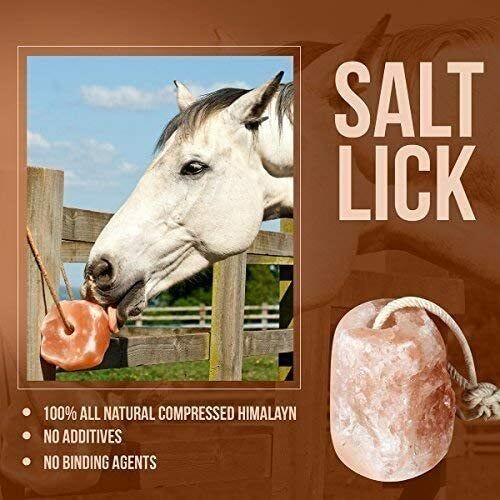White Gold
Animals make a point of traveling miles to a salt lick, not for the taste, but because it’s an essential nutrient for life. Salt was considered so valuable in the ancient world that at some points it was used as currency. People have used it to preserve meat, and no one in the premodern era could have ever predicted it would one day be vilified and maligned.
Like all nutrients including water, you can overdo salt, but it’s unlikely that consuming salt to taste, when eating real food, is itself inherently harmful for almost anyone. Salt has negligible impact on blood pressure (BP) outside of a tiny percentage of hyper-sensitive individuals, so we’ve long known that conventional cardiologist’s low salt recommendations for the purpose of controlling BP are probably mostly bogus (however there could certainly be something else harmful in particular patients about salt, aside from its effect on BP - this isn’t medical advice which is always highly personal and hence variable).
Anyway this post was triggered by the following tweet, take a look:
My theory is that what’s more likely at play in the above trials, than the salubrious effect of lowering salt, is the beneficial effect of increasing potassium (though the two go hand in hand so are actually impossible to study in isolation, as salt excretion will increase when potassium intake rises), either due to a nutrient deficiency (eating too much processed food may throw off the balance between sodium and potassium), or as a purely therapeutic, pharmaceutical-type effect, for example on increasing the otherwise diminished zeta potential of red blood cells, which is of crucial importance to cardiovascular health as it impacts all blood flow, and thereby all nutrient delivery and waste removal.
On a related note someone asked me about preventing migraines today and in my experience I tended to get them back when I was less resilient when two or more of the following were stacked atop each other in some combination or other: poor sleep, skipped meals, anger outbursts, dehydration, and a hot day. Migraines can also be related to electrolytes like Magnesium and Potassium. In fact one study I came across this morning suggested that the incidence of migraines dropped about 5% for every 750 mg of Potassium added to the diet. Another study showed an inflection point around 1500 mg daily potassium intake, above which migraines were less common. Again taking potassium and preventing a migraine may not indicate a strict nutrient deficiency, but rather a therapeutic effect, by which I mean something like biohacking, which isn’t necessarily a healthy thing to do, because it means you’re offsetting a problem without addressing the problem directly. It’s always best to remove the actual cause, rather than patching up the symptoms and imaging you don’t have a problem any more because you can no longer see it.
Anyway a lot more could be said about the balance between sodium and potassium especially in particularly diseases like kidney disorders where some patients retain excessive potassium which can trigger deadly heart rhythms.
If you do need more potassium a good way to get it may be fresh or pure glass-bottled coconut water, which is particularly high in potassium and also magnesium. People have reported rapid diuretic effects with lessening of puffiness in their faces almost immediately after consuming pure coconut water. We have plenty of coconuts here in Puerto Rico, so I’m going to give this a try and see how it makes me feel.
Let me know if you’ve had experience with purposely increasing potassium intake, or ever had a clear beneficial effect from lowering salt based on the prevailing wisdom of the last half century.




No comments:
Post a Comment